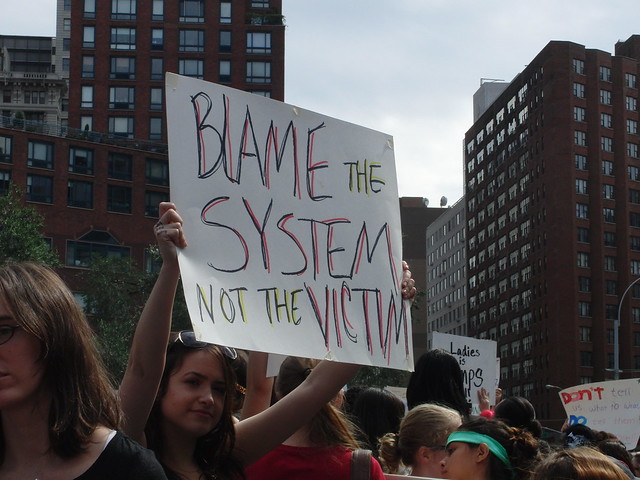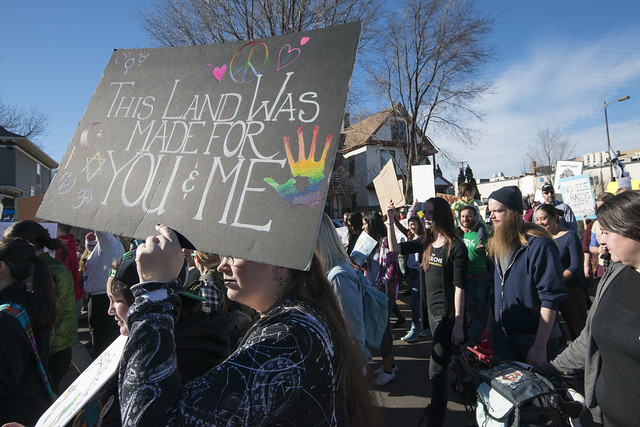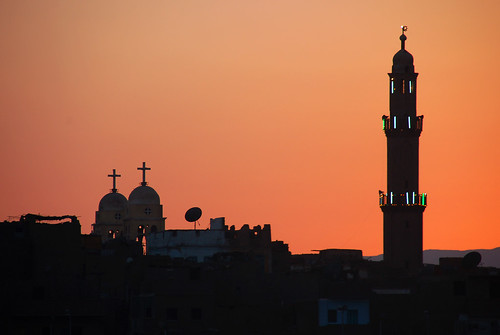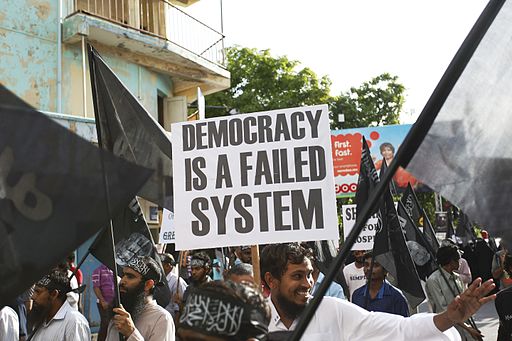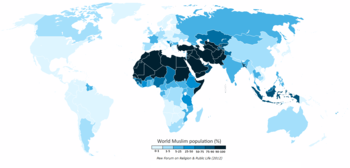I suppose I'm just old and increasingly out-of-touch, but I can still remember when most of us looked to our mainstream news media to inform us rather than to shape our attitudes in particular directions or feed us propaganda. The ideal was that they'd present the facts, and it would be up to us to figure out how to feel about them. I miss those days. It now seems like much of the mainstream news media, at least much of the mainstream cable news media, serves very different functions.
I've noticed something missing from almost all of the coverage I have seen of the U.S. withdrawal from Afghanistan, and it has to do with the odd title I've selected for this post. We've learned that the Taliban has taken over, much quicker than most seemed to expect, to fill the vacuum left by the U.S. The overwhelming consensus is that this is a bad thing. Why is it a bad thing?





